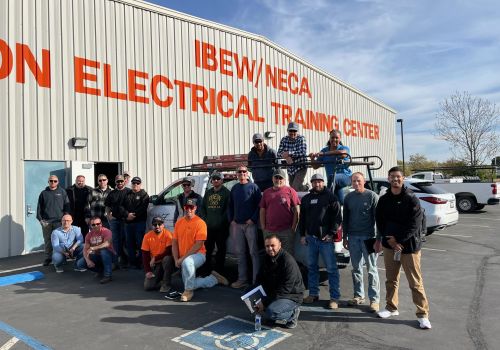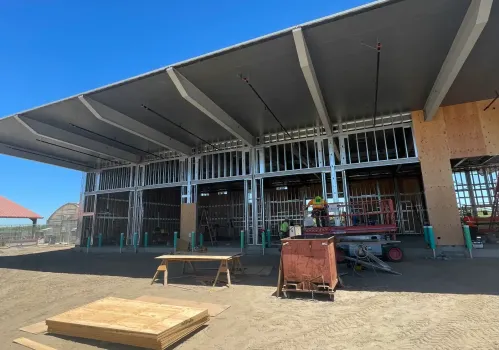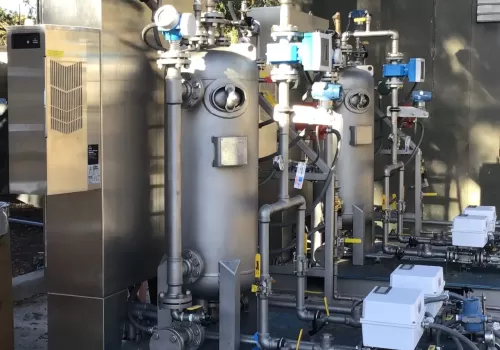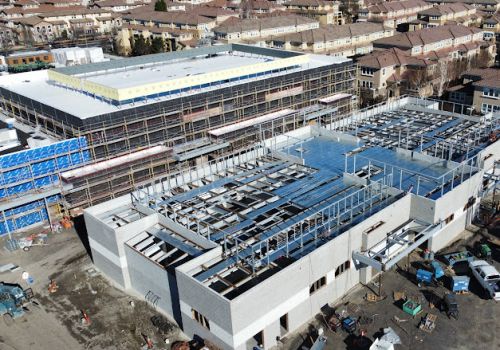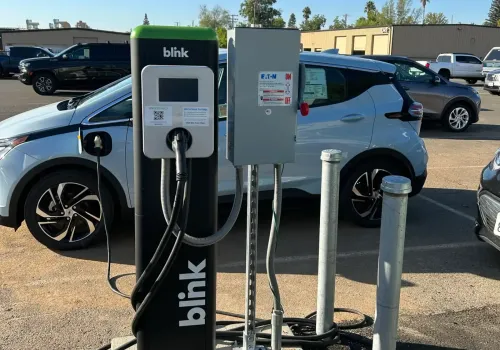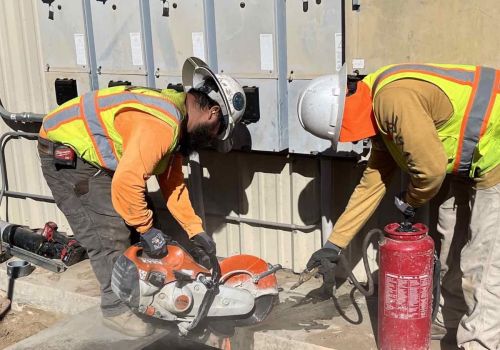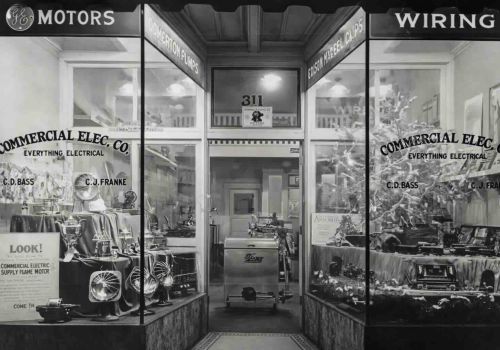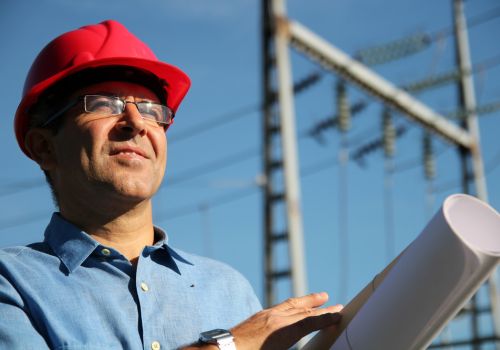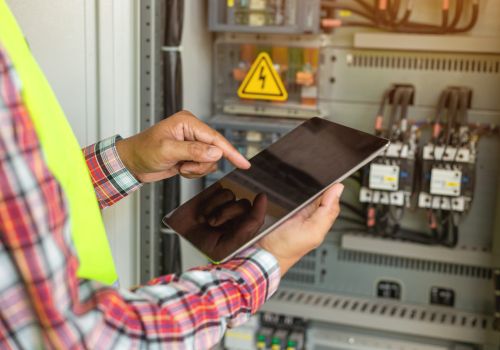EV Charging Presents New Demands, New Opportunities for Electricians
Electric vehicles (EVs) are quickly becoming a viable option for drivers looking to save money, reduce emissions and protect the environment. According to the Environmental Protection Agency (EPA), half of all Americans could be driving EVs by 2030. And with more than 18 million Americans already owning EVs, that number is expected to rise significantly in years to come. This means there will be an increased demand for charging stations across our nation—and an ongoing stream of work for electricians who specialize in this niche industry.
With the number of electric vehicles (EVs) expected to rise quickly over the next few years, so too will the need for charging stations.
As the number of EVs rise over the next few years, so too will the need for charging stations. While EVs are still only a small part of the market today, that's changing fast. In fact, it's expected that by 2040 EVs will represent half of all new cars sold in the U.S., with even greater growth seen in the commercial vehicle market. With funding available for converting heavy-duty vehicles to electric powertrains as well as infrastructure buildout from major companies like Tesla and Electrify America (a Volkswagen subsidiary), there's no doubt that this trend is here to stay and will require an increased focus on EV charging solutions by electricians across the country.
The Inflation Reduction Act provided funding for public EV charging stations, and in order to qualify for that funding, they must be installed by licensed electricians.
As more drivers switch to EVs, there will be an ongoing stream of work, providing a great opportunity for electricians to get involved in this growing industry.
Tax credits and government funds are easing the charging shortage and increasing the demand for qualified installers.
The Bipartisan Infrastructure Law (BIL) passed in 2021 allocated $5 billion for electric vehicle chargers over a 5 year period. More recently, the Inflation Reduction Act (INRA) provided funding for public EV charging stations, and in order to qualify for those funds, they must be installed by licensed electricians. The act also provides tax credits to both new and used electric vehicle purchasers, which increases their demand. This means that more charging stations will be needed as well!
The act also includes $3 billion in funding for converting the Postal Service's fleet from gas-powered vehicles to electric models; this will require increased installation of charging infrastructure at postal facilities across the country.z
A new certification is available through the Electric Vehicle Infrastructure Training Program (EVITP).
In California, the California Public Utilities Commission and the California Energy Commission require that each installation of an EV charging station include at least one electrician who holds the Electric Vehicle Infrastructure Training Program (EVITP) certification. The EVITP course includes in-depth education on EV-specific topics such as DC fast chargers, inductive charging equipment, liquid-cooled conductors, vehicle-to-grid applications and other installation and maintenance best practices. Additionally, some states do not allow non-electricians to install these systems without proper training and certification.
The EVITP course is open only to licensed or certified electricians – both of which require at least 8,000 hours of on-the-job experience. This ensures that EV charging installations are being performed by highly experienced electricians who possess a broad range of experience in the industry, as well as having the specialized training provided by the EVITP course.
EVITP certification is in high demand (and that demand is only going to increase), so it's worth checking out if you're a certified or licensed electrician interested in entering this growing field!
If you're interested in becoming an EV charging station installer, it's a good idea to start preparing now.
Here are some tips for getting started:
- Get on-the-job experience installing EV charging stations with a commercial electrical contractor such as Con J. Franke Electric. This will also give you the chance to work alongside a current EVITP certificate holder.
- Since EVITP certification is only available to certified electricians, pursue that training once you've reached 8,000 hours of on the job experience.
- Get a good understanding of the different types of EV charging stations and their installation requirements—this allows you to be able to identify them when they come across your desk at work or in your travels!
- Once you've met the requirements, visit the EVITP website to learn more and apply for a certification course.
From Tesla to Nissan, as well as other major car companies like Volkswagen and BMW, more and more EVs are being manufactured every year. That means more people are switching from gas-powered vehicles to electric ones, which means there will be an ongoing stream of work for electricians who specialize in charging stations for these vehicles.
Con J. Franke Electric is in the center of this industry shift, with dozens of EV charging installations already completed across Northern California. As this section of the industry grows, so too will our demand for electricians, project managers, foremen, and other roles related to these projects. If you're an electrician or have experience in the construction industry and are interested in finding out how you can get involved in the EV charging field, we'd love to speak with you. Visit our careers page to see our currently open positions, or reach out to our office to have a conversation about whether this would be a good fit.
